Alagi Yorro Jallow
There comes a time when the rhetoric must stop and the need for work becomes apparent. It becomes crucial for executive probity and nationhood to fight corruption, police brutality, governing by bestiality, and mistreatment of Gambians in a democratic society.
For nearly two years, President Barrow shouted his ‘tigritude’ from the rooftops. However, it is now time to pounce¾not least because legacy hinges on it, but because it is the only decent response to fighting corruption, insecurity, youth unemployment, bureaucratic incompetence, and economic paralysis—the pillars of President Barrow’s regime. Today, the country cries out for action, seeking practical measures to guarantee economic and social policies that are responsive to people’s needs and aspirations, that aim at eradicating poverty, and citizens become commanders of their own destiny.
After almost two years, half-measures are harming the country and tormenting poor and middle-class Gambians. Among other challenges, President Barrow creates projects the image of merely a reluctant leader, one who enjoys the trappings of office, but is not ready to do the work necessary to be there.
Instead of providing leadership, President Adama Barrow and his lieutenants¾the Vice President, Cabinet staff, and some National Assembly members—have adopted a default campaign mode of regaling the public with tales of largesse to come.
There is much being written about the silence from most members of the government to this latest outrage, widespread corruption, communal violence, “biological annihilation” of the environment and human rights violations. Indeed, there is an outrage encompassing the others; there, in black and white, there is an outline of a monarchy, not a republic. However, my inner compass suggests that, while we have not seen a backlash from President’s government, this is going too far, far too far, for most Gambians. And that pressure cannot be checked forever, at the ballot box or in the streets.
The Gambia is a nation of laws, not of kings. Our stated creed is that we are all equal before the law¾all of us. Of course, we fall far short of that ideal in many ways. It is usually the poor, the marginalized, and dispossessed who suffer the greatest injustices. Nevertheless, even the most cynical of plutocrats in our nation’s history have at least largely paid lip service to this ideal.
President Barrow’s legal rationalizations are chilling. Frankly, one might go so far as to say they are un-Gambian. These rationalizations communicate a complete disconnect from our constitutional government and, thus, are themselves an act of betrayal.
Gambians have acknowledged that it has been a challenging time for many leaders around the world, resulting from global economic upheavals and corruption wreaking havoc worldwide. However, Gambians reject President Barrow’s inaction and negligence with which his government has responded to corruption allegations. We need not recount the numerous losses incurred by government and businesses, in addition to the opportunities wasted for thousands of Gambians due to political patronage and executive myopia. Worse, it appears that President Barrow is held captive by forces from which he cannot disentangle himself. He swore to promote the national good. However, what holds him hostage and prevents him from fighting corruption within his administration?
Most Gambians are of the view that three or five years is too long to live on hopes and promises to finally fix the fundamentals of statehood. Why is President Barrow not committed to fighting corruption and political racketeering in his government? Nothing has come of President Barrow’s extraordinary Executive Order issued last year for all cabinet ministers to declare their assets and liabilities, including himself. Further, not a single Gambians has access to that information, which remains sealed at the Ombudsman office. President Barrow always makes promises that he cannot keep.
Karl Kraus, writer, essayist and satirist, publicly denounced the act of official corruption; he reviled its actions and symptoms as of the main causes of moral and political bankruptcy. Karl Kraus also decried corruption at any level with savage indignation, an intensity of irony and paradox, that “Corruption is worse than prostitution. The latter might endanger the morals of an individual; the former invariably endangers the morals of the entire country.” Corruption is at the root of slavery, unemployment, and disregard for nature and the common good. Pope Francis said, “Say NO to Corruption.” The pope said, “Corruption is a process of death that feeds the culture of death,” adding that, “the thirst for power and possessions knows no limits.”
The key to fighting corruption is not to remain silent because doing so only strengthens criminal organizations; instead, it must be contrasted with justice and beauty, the Pope stated, adding, “Corruption is not countered with silence.” President Barrow must speak about it, denounce its evils, and try to understand it, to show his government’s resolve to fight the evil of corruption.
This theory of the President being a lame duck without the ability to crack down on corruption within his government is a myth. The argument about letting “institutions do their work” is only valid as far as legal arguments go. President Adama Barrow has constitutional and enormous residual powers as President to act on corruption and racketeering. Further, President Barrow has always had his way as he so chooses; Adama Barrow has always had his way. He sometimes forced his way. When sworn in as president, Barrow selected and replaced the top army, intelligence, and police command, at his pleasure, with complete authority of the law at the first instance. He has had all his cabinet appointments, civil service, board members, directors of parastatals, and top diplomatic positions¾including incompetent ones¾under his authority.
President Barrow, on many occasions, has dictated the legislative agenda and other public policy issues from State House. Under this government, activists and protesters who occasionally bruise the overinflated egos of government officers can be held for days in police custody without bail.
The imagination that President Barrow is not powerful under the constitution is futile. The President is the commander in chief of all the armed forces. The laws governing the police remain unchanged and now he has an Inspector General serving at his pleasure. His constitutional powers include appointing whoever’s name is submitted to him to be appointed as the Director of Public Prosecutions, a key office in the process of criminal punishment. Adam Barrow has a bird’s eye view over Gambia.
President Adama Barrow is the exclusive receiver of daily-classified intelligence from the State Intelligence Service. President Barrow knows who is doing what, when they do it, and where. If he had a reason to seek out such information, he would know where any Gambian slept yesterday. He can hire and fire Cabinet ministers at his pleasure. His soft and political power is enormous. He is a scion of lawyer Ousainou Darboe, leader of the United Democratic Party and influential foreign minister in the Tactical Alliance government, a cunning political operative who massively campaigned for a strong majority in the National Assembly and in the local government elections.
President Adama Barrow promised something better on the campaign trail. Amidst the tribalism, dog whistles, and the crude rhetoric was a promise that he would be a pragmatic politician looking out for regular people. What we have now, however, is a man who would be king. Further, the institutions of our government, our courts, our system of states, our free press, and our voters, are not going to abide by it. Gambians feared such a man; they knew the tyranny of the dictator and chose to rebel through the ballot box. These people set out to establish a democratic order, built to ensure another dictatorship would never happen on these shores.
These are the stakes, and the people sense there is much fight out there amongst a populace intent on making sure Gambia remains a nation of laws.
The question is this: why can the President not act on corruption and political racketeering? Why can he not apply the levers provided by the constitutional, political, and personal soft power to weed his government of these corrupt maniacs on steroids, irrespective of rank, who are busy stealing money from indigent farmers? Why do the citizens not target these corrupt men and women, regardless of their stature, and lock them up in Mile 2 Central Prison? Why do they not move them to solitary confinement at Jesuwang Prison and drive them overnight on the back of a Toyota Land Cruiser, only to charge them at the Kanifing Court to ensure they are remanded without bail for a few weeks just to prove a point? Gambians cannot sit back and cheer when the very pillar of nationhood threatens our very sustenance.

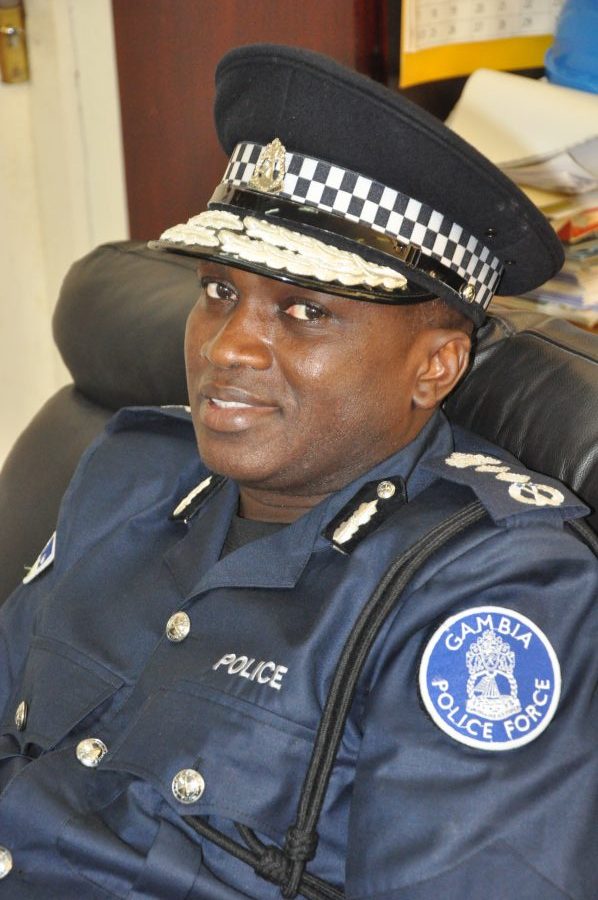
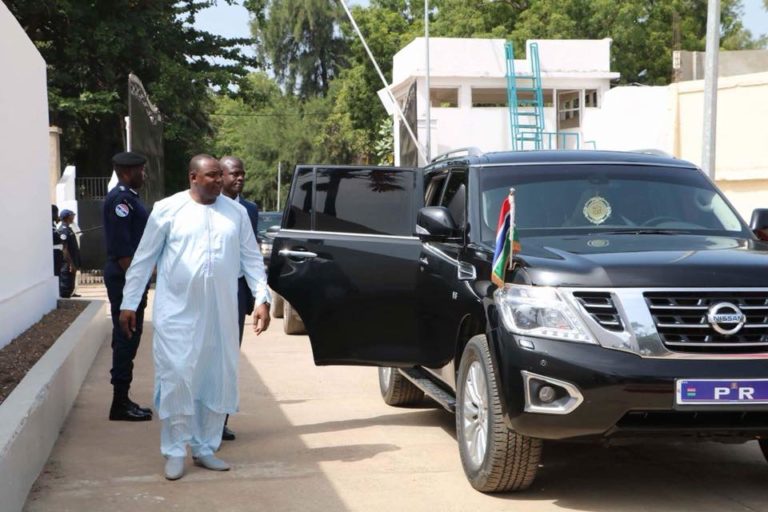
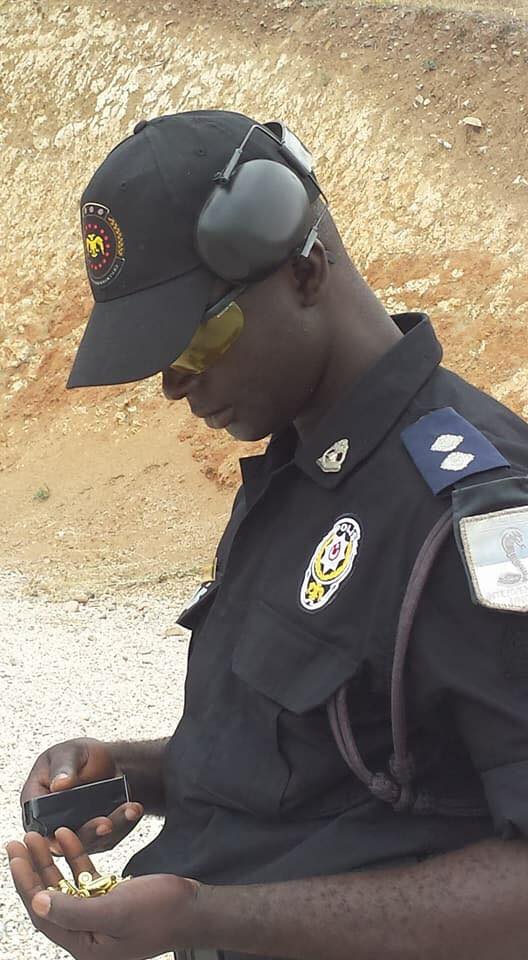


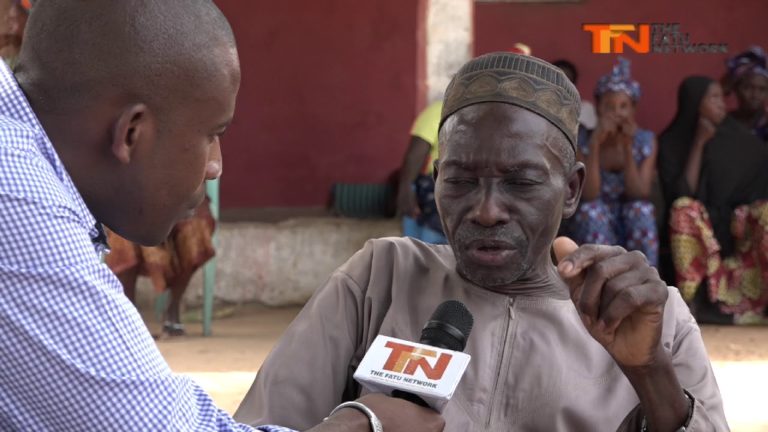
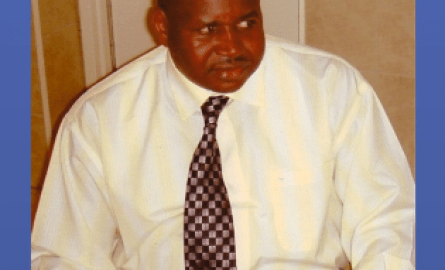
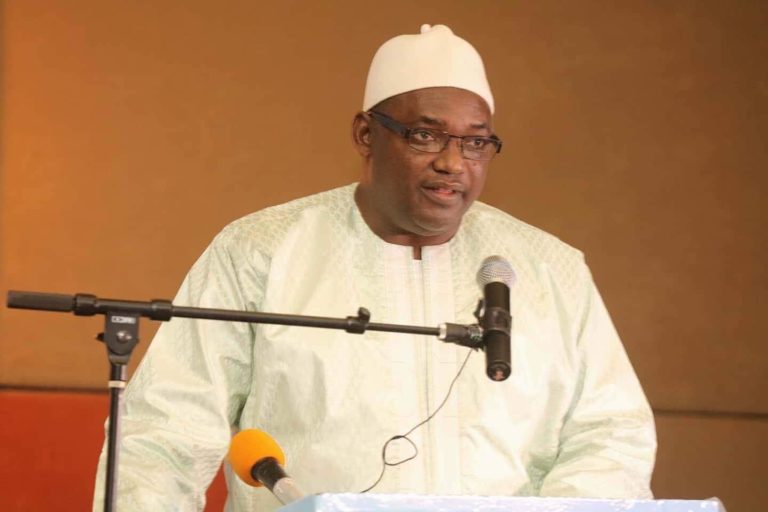
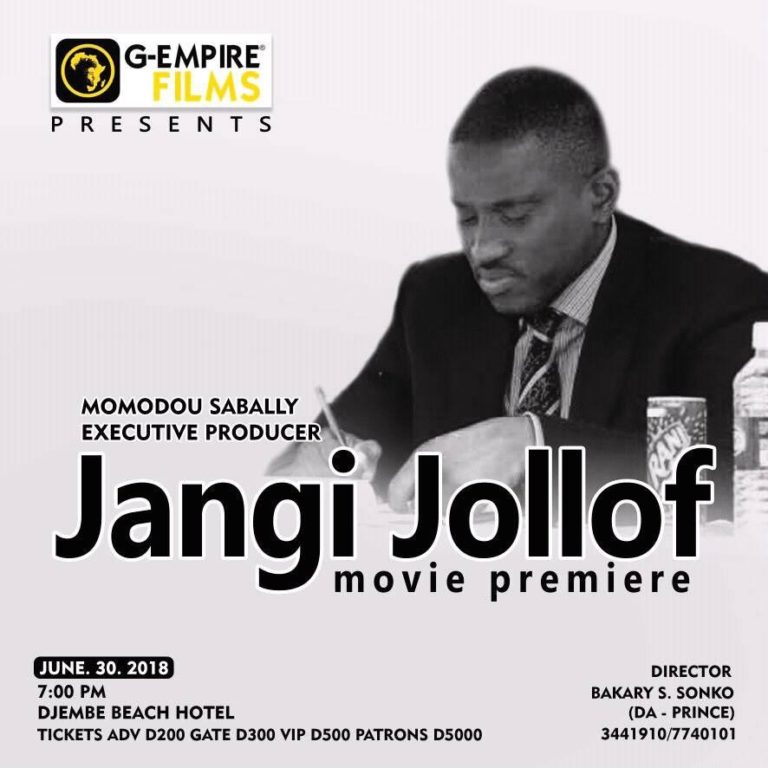
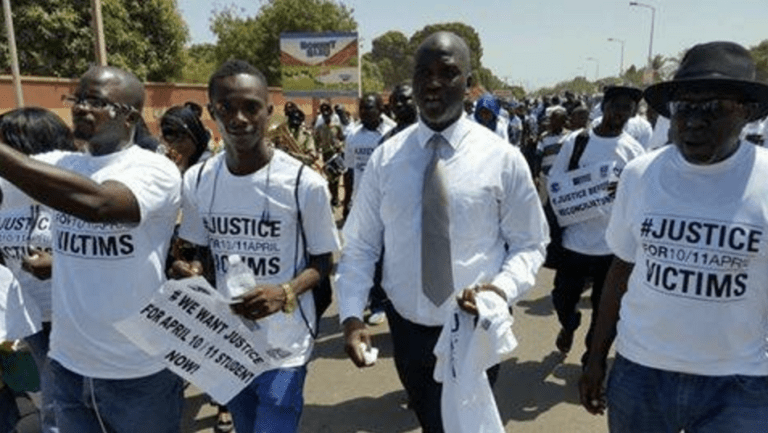
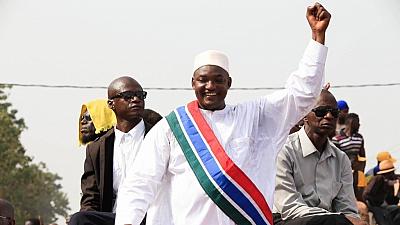
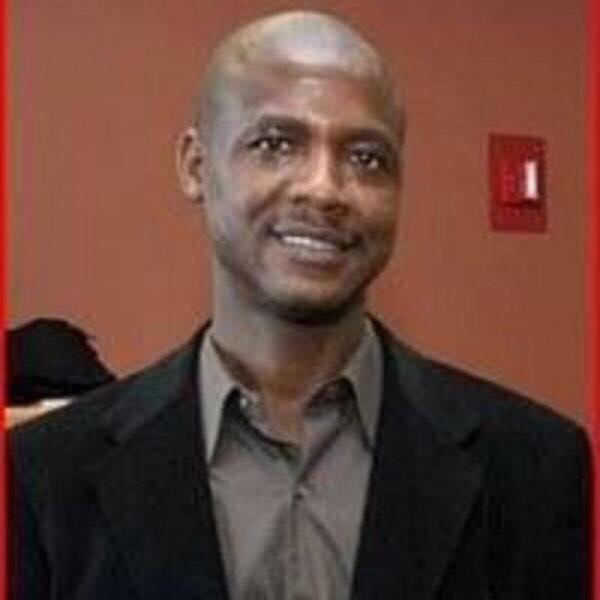
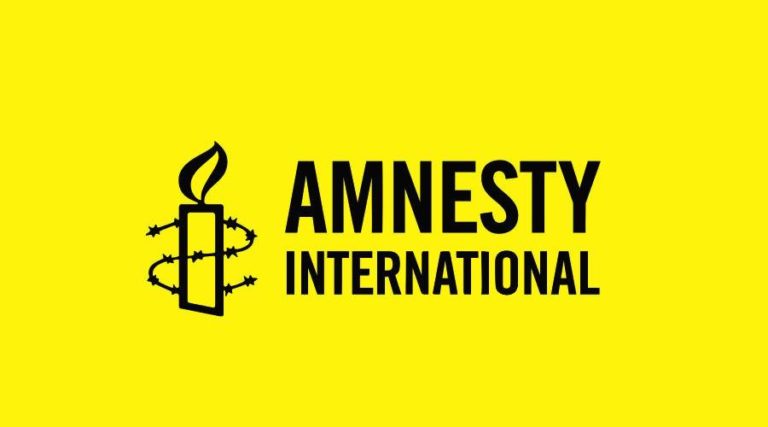
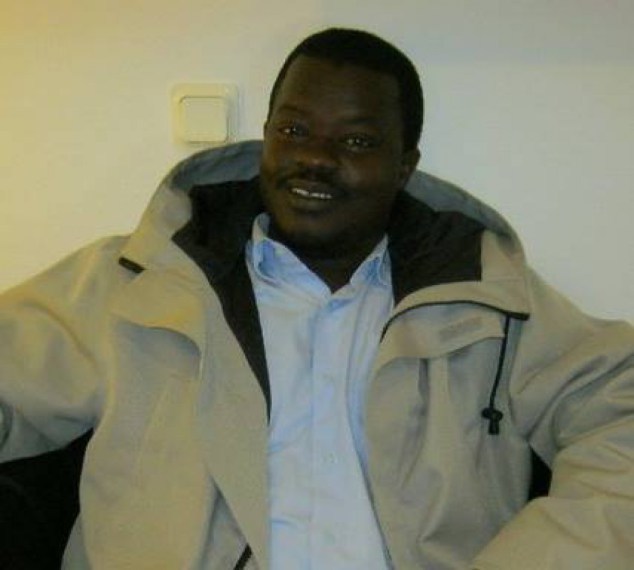
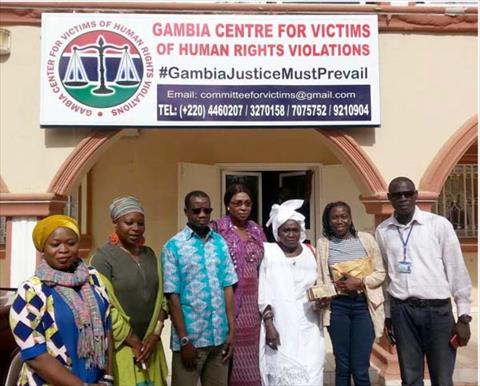
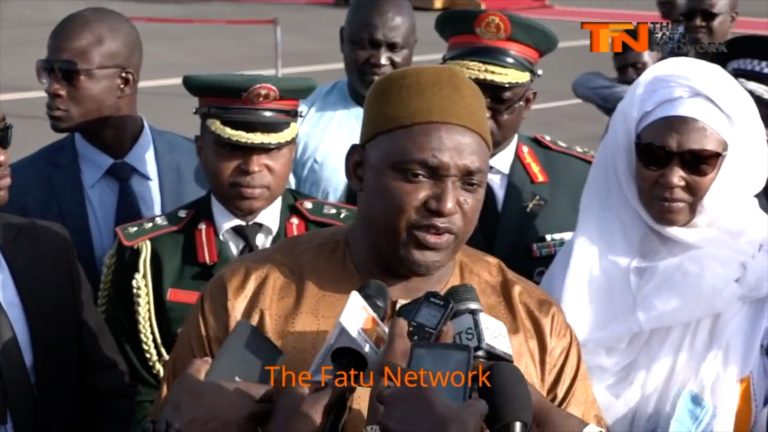

Julakay Gives Statement To Police On Faraba Incident
The Fatu Network has been reliably informed that the man behind Julakay Engineering Company, Ansumana Marenah known as “Julakay” gave statements to the Police with regards to the Faraba Bantang incident.
According to reliable sources, Julakay gave the said statements Thursday morning at the Brikama Police Station and the Police Headquarters in Banjul respectively. He could not be reached on his phone to confirm.
Superintendent David Kujabi, Police Spokesperson said he was not in the office to confirm the report.
Ansumana Marenah was a former staunch supporter and financiers of the former ruling APRC Party of Yahya Jammeh. He was a close business associate of the late Baba Jobe who introduced him to the former President, Yahya Jammeh. He spent many years in the United States before his eventual ban from America.
Julakay used to work very closely with the late Baba Jobe who was the second most powerful man in the country before falling apart with the former President Yahya Jammeh. He was one of the people who testified against Baba Jobe before a panel of investigators at the defunct National Intelligence Agency NIA.
Shortly, after the fall of Baba Jobe, the former President decided to withdraw the mining contracts already awarded to Julakay who allegedly took loans from banks to start operations. He nearly lost his compounds in Latrikunda and Brikama respectively, but the courts ordered him to pay the debt through monthly installment.
Julakay is a native of Badibou Suwareh Kunda, a village neighbouring with Kinteh Kunda, the home village of the former Inspector General of Police, IGP Landing Kinteh.
Sources close to Julakay said he used to give out brown envelopes to senior government officials for special favours which they say the Faraba incident is not an exception to. He has offices beside the Lamin Market, Kombo North.
Meanwhile, President Adama Barrow has set up an independent inquiry body to investigate the Faraba incident within a month.